We had the pleasure of organising a thought-provoking session at made possible through funding from British Academy ECRN, focused on one big question: How is AI reshaping who we are as academics?
We were joined by two inspiring speakers:
-Peter Magnani, CEO and founder of BEEM, who shared the development journey of his AI-powered app and how it’s transforming user experiences
-@Prof. Professor Gelareh Roushan-Easton, reflected on how AI is influencing academic practice, from teaching and learning to research and student engagement
-Dr. Samreen Ashraf (organiser of the session) shared her research about identity and the timely nature of the topic considering the rapid changes in higher education.
The heart of the session was an interactive activity where participants explored:
1. How they define their academic identity.
2. Where and how AI intersects with their roles and values
3. The opportunities, tensions, and uncertainties this evolving landscape presents
The conversations were honest, reflective, and energising, reminding us that as AI continues to evolve, so too must our understanding of academic identity.
And finally massive thanks to all involved in this workshop, our guest speakers, audience, BAECRN, and my colleague Marianna for helping with this.
💬 I’d love to hear from others in higher education:
How is AI influencing your professional identity? What excites you or concerns you most about this shift?
Feel free to get in touch with me at sashraf@bournemouth.ac.uk , if you are interested in this topic area 🙂
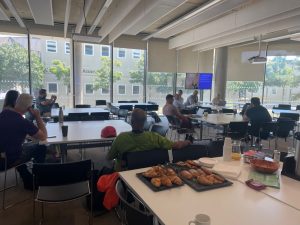

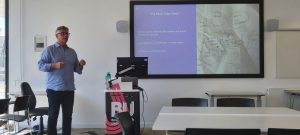
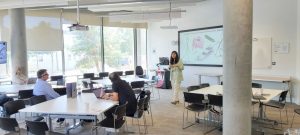
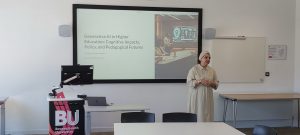
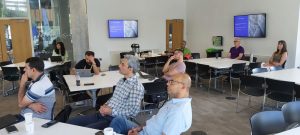

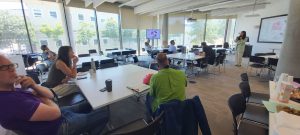
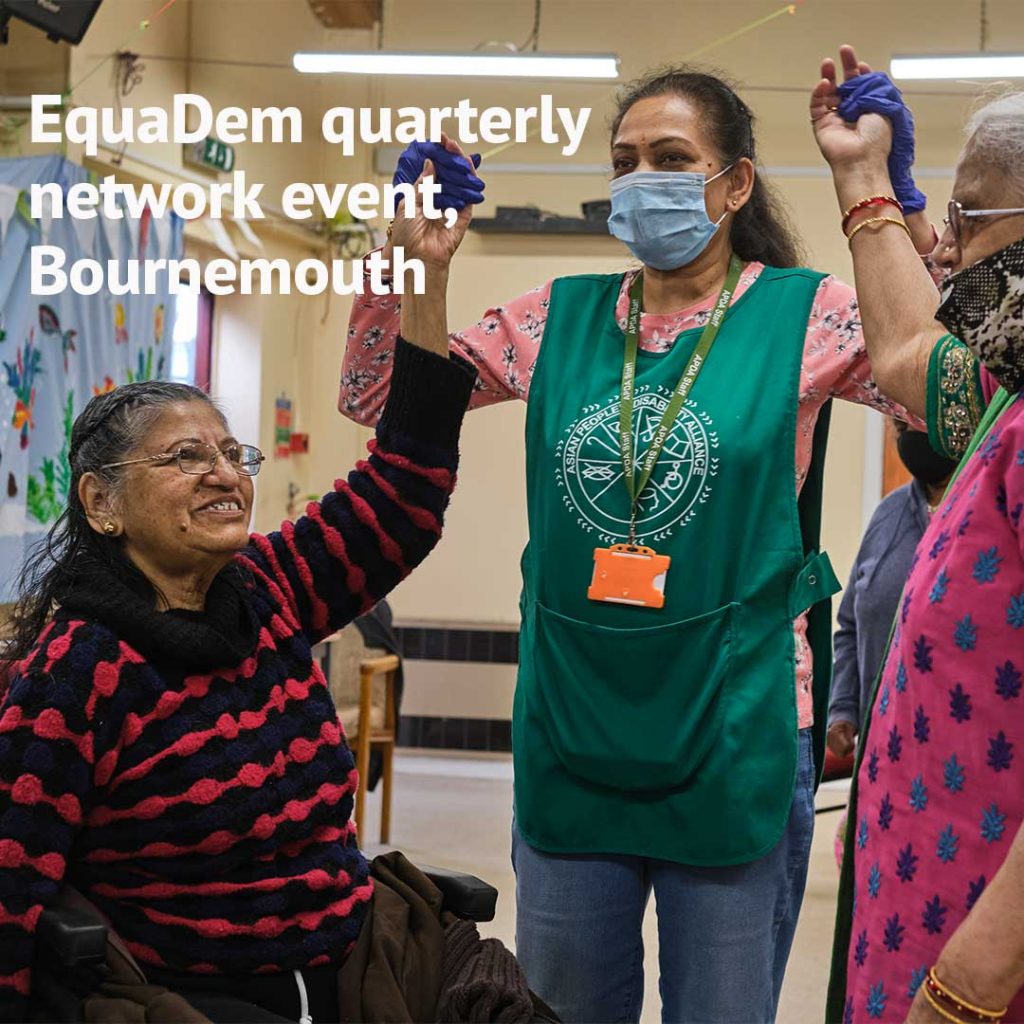


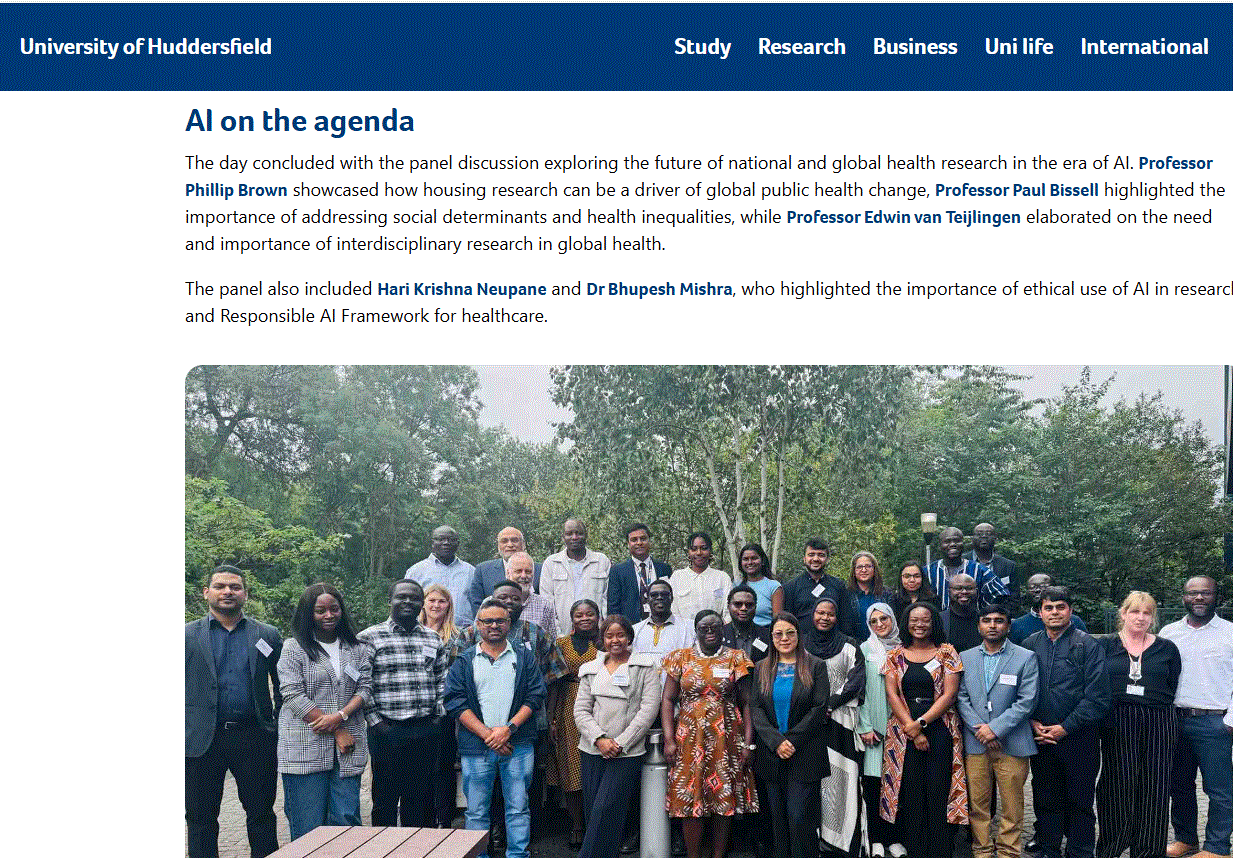

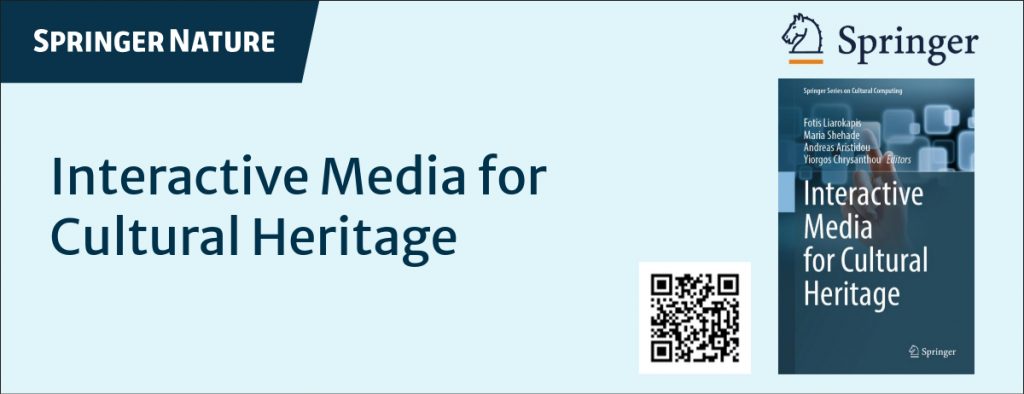 At the beginning of July, the chapter
At the beginning of July, the chapter  Among the featured case studies are three final year undergraduate student projects that were created at the National Centre for Computer Animation (NCCA) during the 2021/2022 academic year: two projects by Catja Larsson and one project by Ana-Maria-Cristina Ureche. Both alumni co-authored the chapter, demonstrating once again the excellent quality of work produced by NCCA undergraduates.
Among the featured case studies are three final year undergraduate student projects that were created at the National Centre for Computer Animation (NCCA) during the 2021/2022 academic year: two projects by Catja Larsson and one project by Ana-Maria-Cristina Ureche. Both alumni co-authored the chapter, demonstrating once again the excellent quality of work produced by NCCA undergraduates.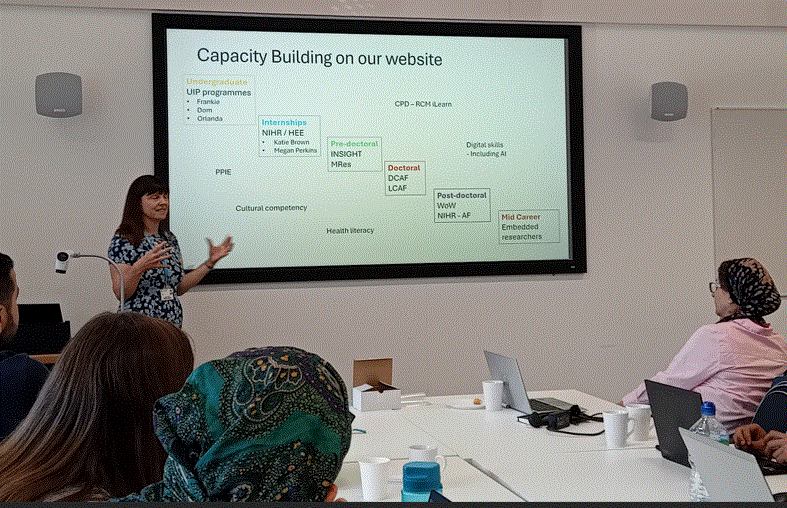


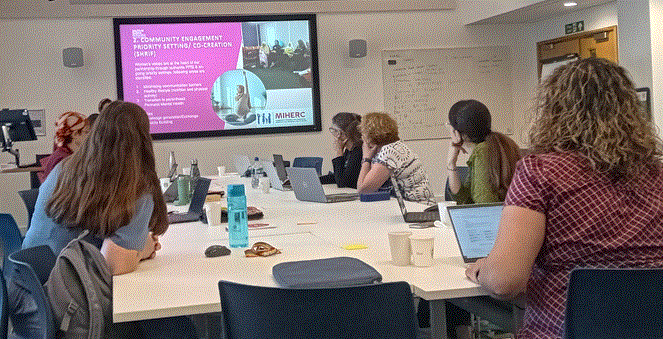
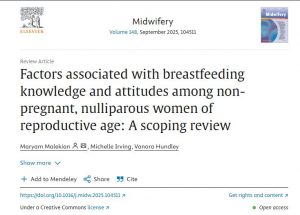 Malekian M, Irving M, Hundley V (2025) Factors associated with breastfeeding knowledge and attitudes among non-pregnant, nulliparous women of reproductive age: A Scoping review. Midwifery, vol 148, September, 104511
Malekian M, Irving M, Hundley V (2025) Factors associated with breastfeeding knowledge and attitudes among non-pregnant, nulliparous women of reproductive age: A Scoping review. Midwifery, vol 148, September, 104511
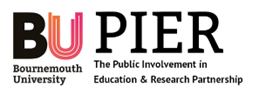
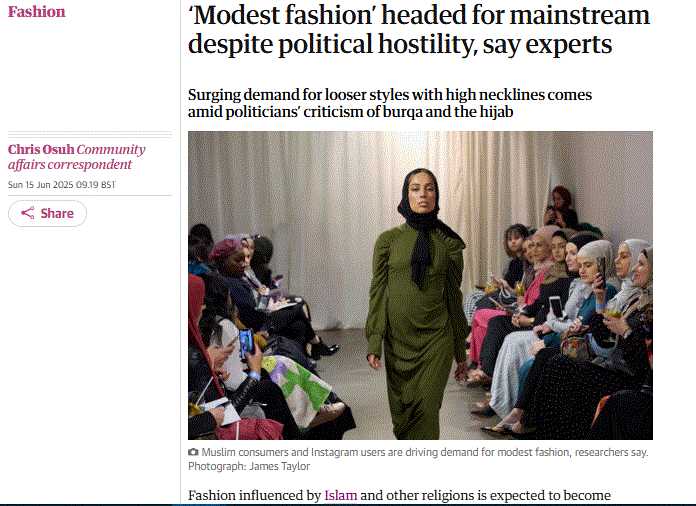
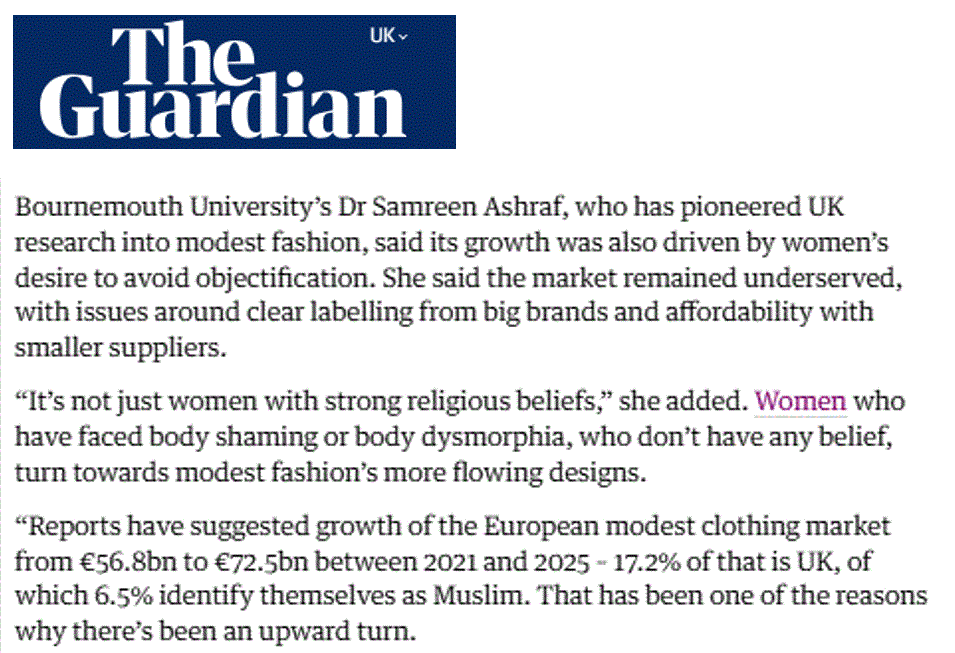
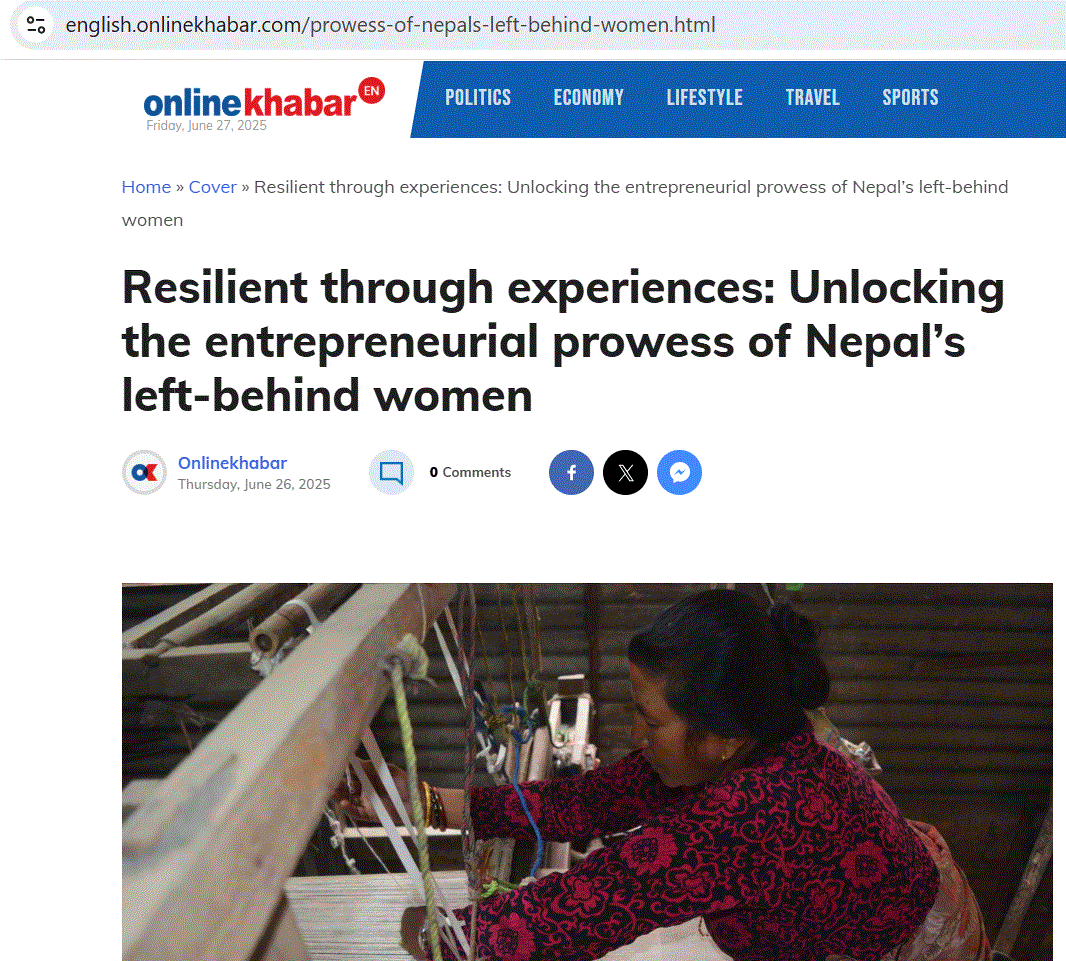
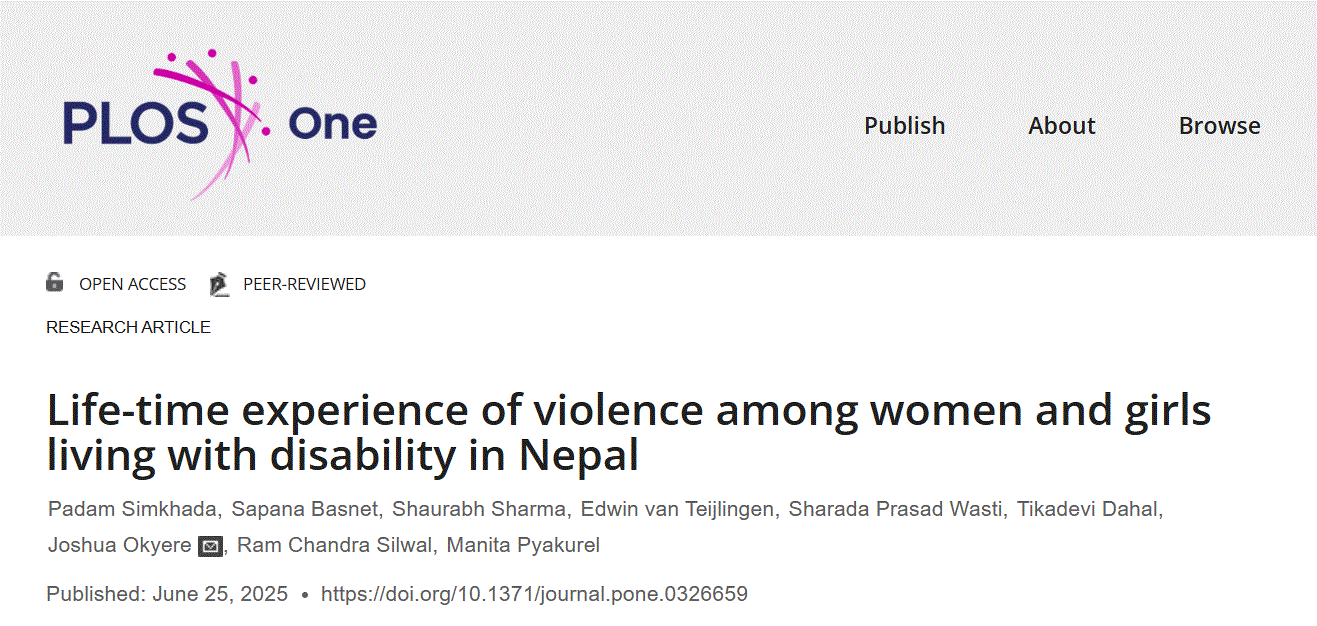
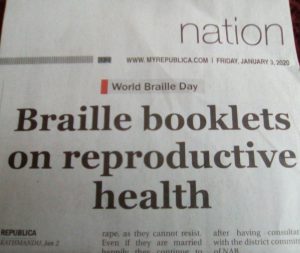
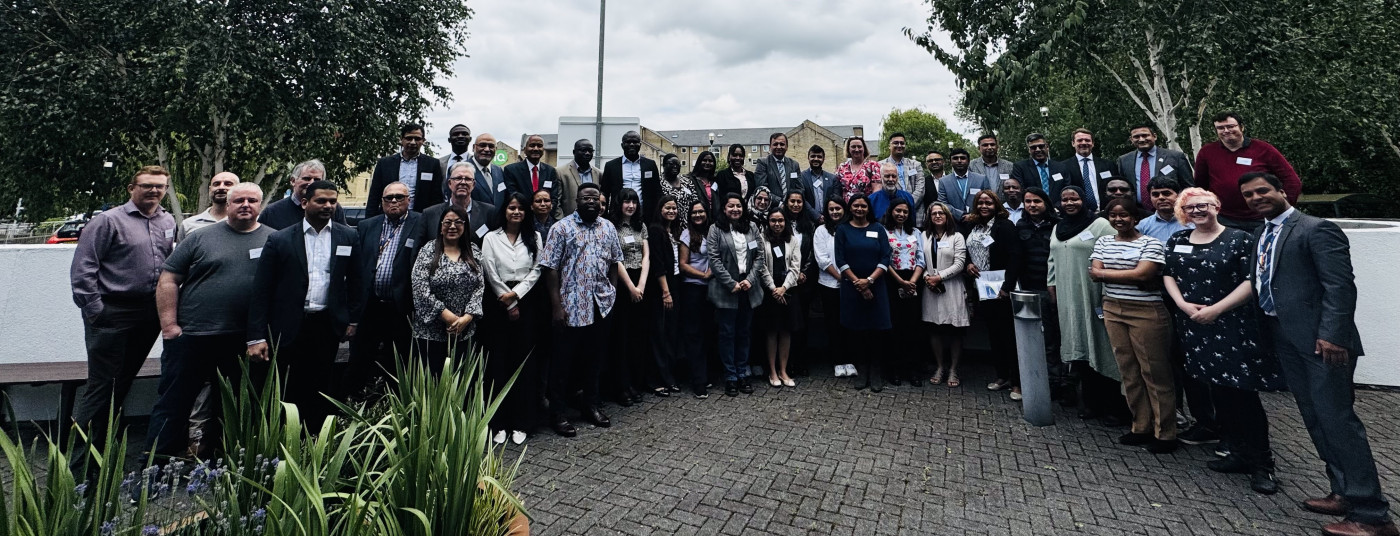
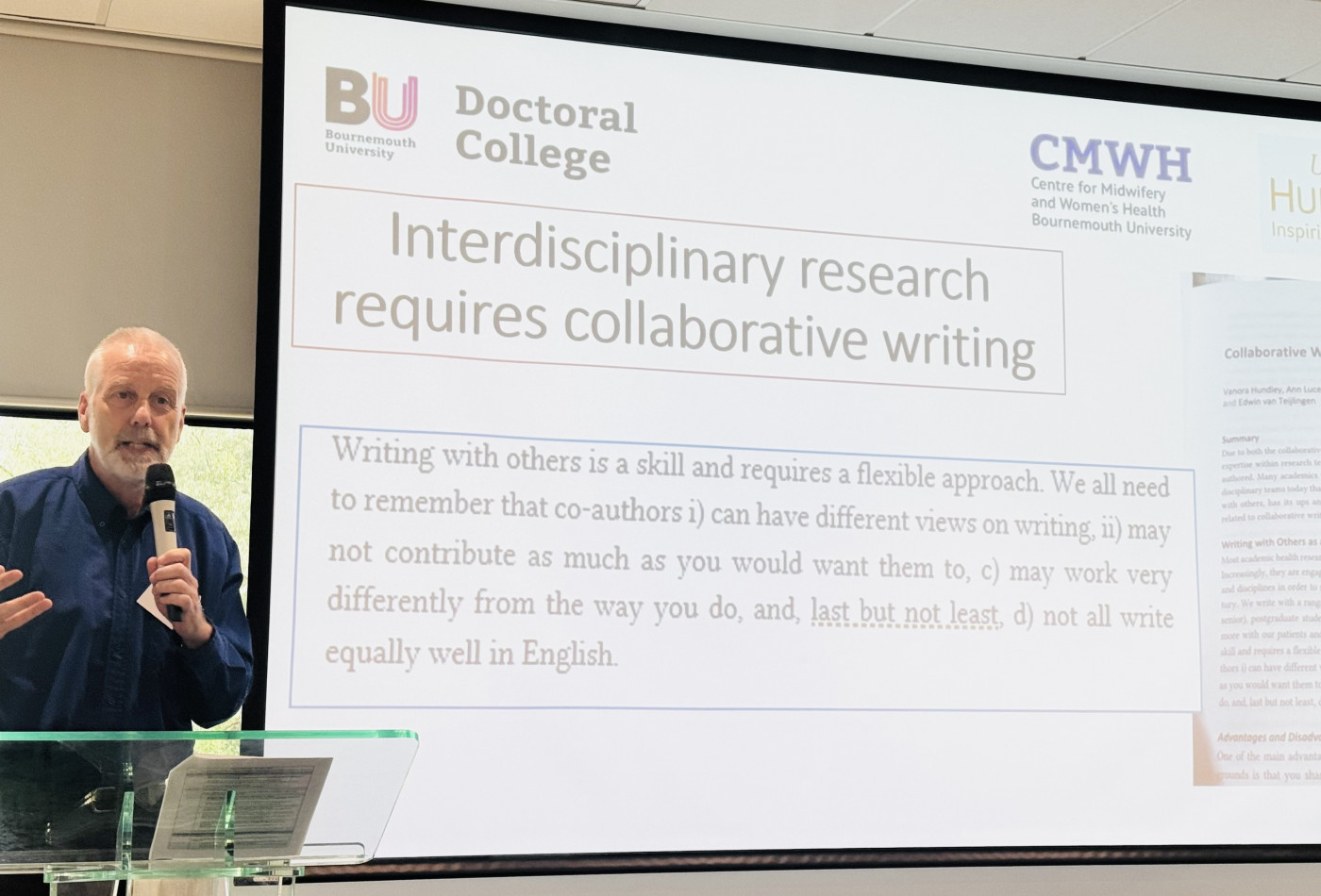
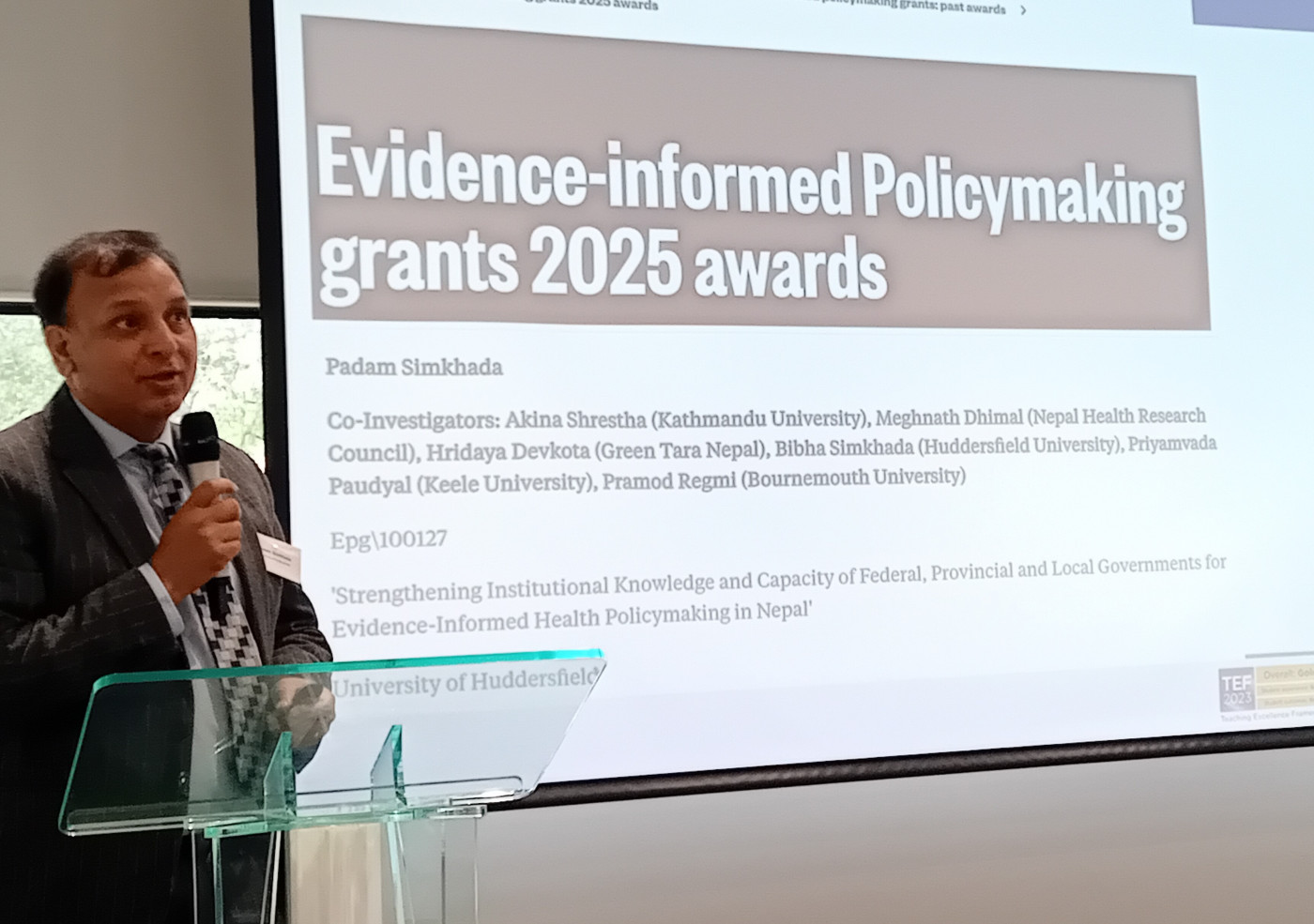

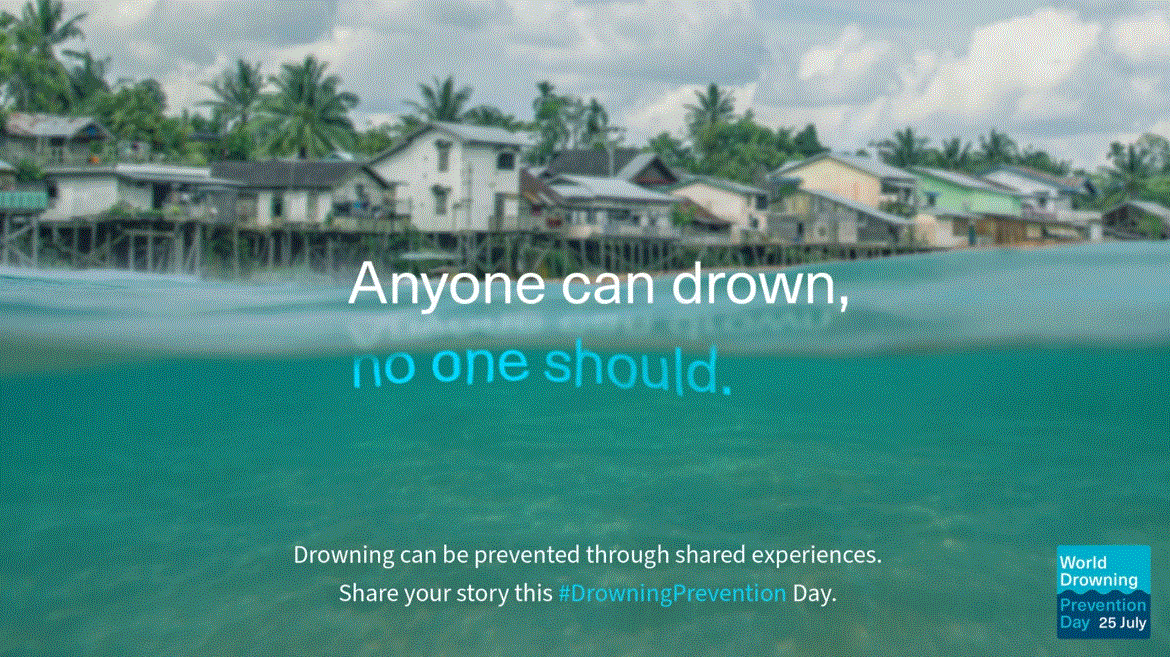
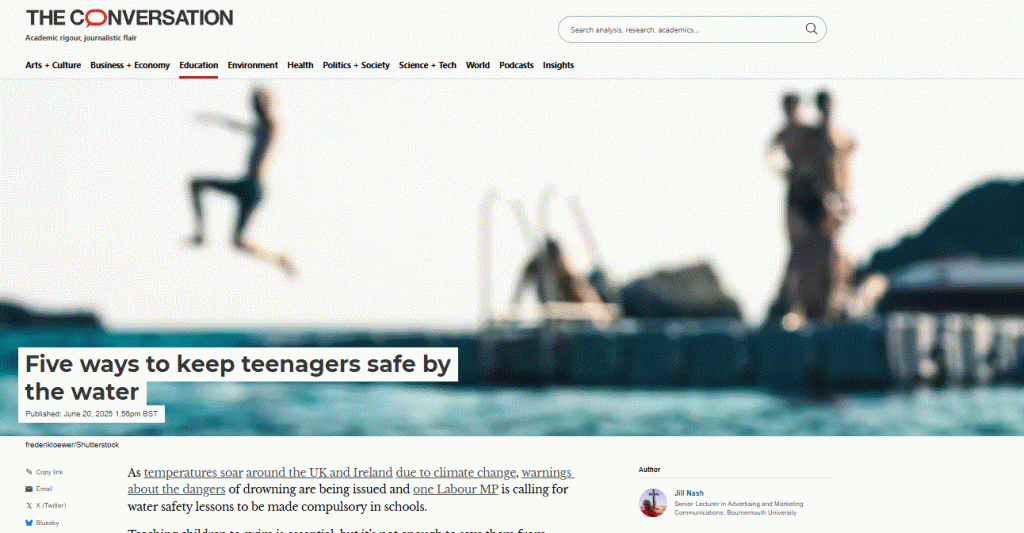


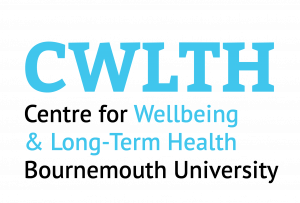











 Nursing Research REF Impact in Nepal
Nursing Research REF Impact in Nepal Fourth INRC Symposium: From Clinical Applications to Neuro-Inspired Computation
Fourth INRC Symposium: From Clinical Applications to Neuro-Inspired Computation ESRC Festival of Social Science 2025 – Reflecting back and looking ahead to 2026
ESRC Festival of Social Science 2025 – Reflecting back and looking ahead to 2026 3C Event: Research Culture, Community & Cookies – Tuesday 13 January 10-11am
3C Event: Research Culture, Community & Cookies – Tuesday 13 January 10-11am Dr. Chloe Casey on Sky News
Dr. Chloe Casey on Sky News ECR Funding Open Call: Research Culture & Community Grant – Application Deadline Friday 12 December
ECR Funding Open Call: Research Culture & Community Grant – Application Deadline Friday 12 December MSCA Postdoctoral Fellowships 2025 Call
MSCA Postdoctoral Fellowships 2025 Call ERC Advanced Grant 2025 Webinar
ERC Advanced Grant 2025 Webinar Horizon Europe Work Programme 2025 Published
Horizon Europe Work Programme 2025 Published Update on UKRO services
Update on UKRO services European research project exploring use of ‘virtual twins’ to better manage metabolic associated fatty liver disease
European research project exploring use of ‘virtual twins’ to better manage metabolic associated fatty liver disease
Explore our work, meet our partners, and find out how you can collaborate with us by clicking here! MIHERC is led by Sheffield Hallam University, with Bournemouth University as a key partner and the important funding coming from NIHR (National Institute for Health and Care Research) Maternity Challenge Initiative. The BU key academics are: Huseyin Dogan, Vanora Hundley, Edwin van Teijlingen, and Deniz Çetinkaya. Please share with all who may be interested.